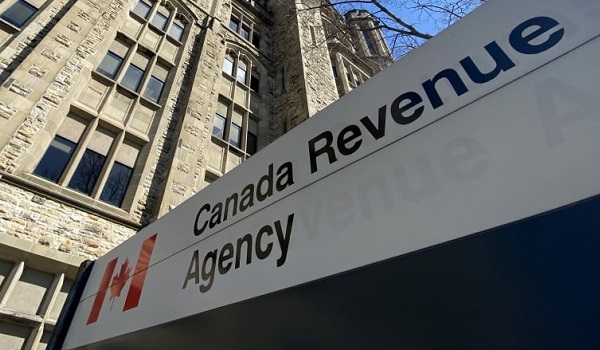Underused housing tax: CRA waived $2.5 billion in penalties and interest on federal vacant homes tax
The Canada Revenue Agency has waived nearly $2.5-billion in interest and penalties related to Ottawa’s tax on vacant and underused homes held by foreign owners, a figure that dwarfs the projected annual revenue of the new levy.
The underused housing tax (UHT), which took effect in 2022, imposes an annual tax of 1 per cent per year on residential properties owned by foreign nationals that are left underused or vacant, with the aim of boosting housing availability. But the levy’s complex reporting requirements initially also embroiled many Canadians, leading the CRA to repeatedly provide relief for late filers. The government eventually largely scrapped filing obligations for Canadian homeowners and corporations starting with the 2023 tax year.
Still, the interest charges and fines the CRA waived for 2022 totalled almost $2.5-billion, according to the public accounts, which include the federal government’s audited financial statements. The figure vastly exceeds the $49-million Ottawa collected from the tax in fiscal 2023-24 (April-March), the documents show.
The large amount of waived penalties is likely an indication of the significant confusion and administrative burden the levy created for taxpayers when it was first introduced, said John Oakey, vice-president of taxation at Chartered Professional Accountants of Canada, via e-mail.
It also suggests that a large number of Canadians, not just foreign nationals, were affected by the tax, he said.
Tax experts have widely criticized the initial design of the tax, saying it created complex reporting rules and steep penalties for non-compliance for Canadian taxpayers who ultimately wouldn’t owe the government any money.
“The overall penalty and interest waived seems very high compared to the anticipated revenue,” Mr. Oakey said.
Ottawa has variously presented the UHT as a way to deter foreign owners of Canadian residential real estate from leaving their properties empty or underused and as a means of raising revenue for housing initiatives. But the rules, as they were initially written, also required many Canadians who own homes through a trust or partnership to submit a special tax return, if only to claim an exemption from the tax. The measure also imposed filing obligations on some Canadian corporations.
Under the initial version of the rules, failure to file on time could trigger penalties starting at $5,000 for each affected homeowner and $10,000 for corporations. (Ottawa has since lowered those minimum fines to $1,000 for individuals and $2,000 for corporations, effective as of 2022.)
And just what constitutes a trust or partnership under common law further complicated the task of understanding who would have to file a UHT return.
For example, parents who co-signed a mortgage with their adult children and were added to the title of the home might be considered to hold the property through what is known as a bare trust. Similarly, many couples who jointly own property discovered they were also subject to UHT filing requirements because they were considered a partnership, defined as two or more people coming together in pursuit of profit.
Concerned that many Canadians might be unaware of their reporting obligations, the CRA intervened twice to waive interest penalties for late tax filers. The agency pushed back the cutoff for submitting 2022 UHT returns from April 30, 2023, to Oct. 31 of that year and then to April 30, 2024, which coincided with the last day to file and pay the tax for 2023 as well.
The $2.5-billion amount reflects interest and penalties the agency waived on 2022 UHT returns that missed the initial April 30, 2023, deadline but were filed and paid by April 30, 2024, said Nina Ioussoupova, a CRA spokesperson, via e-mail.
The total came from more than 531,000 waivers, so the average waiver was roughly $4,600, Mr. Oakey noted. The number of waivers was also approximately 25-per-cent higher than the number of foreign nationals the government had estimated would be affected by the tax, which appears to confirm that many Canadian taxpayers were affected as well, he added.
The $49-million in UHT revenues collected in fiscal 2023-24 refers to both the 2022 and 2023 tax years, according to Ms. Ioussoupova.
Last year, the CRA said in responses to questions submitted by Conservative MP Adam Chambers that it had spent around $59-million in fiscal 2022-23 and 2023-24 to implement and administer the tax, in addition to more than $900,000 in advertising and promotion costs to increase public understanding and awareness of the measure.
This article was first reported by The Globe and Mail













